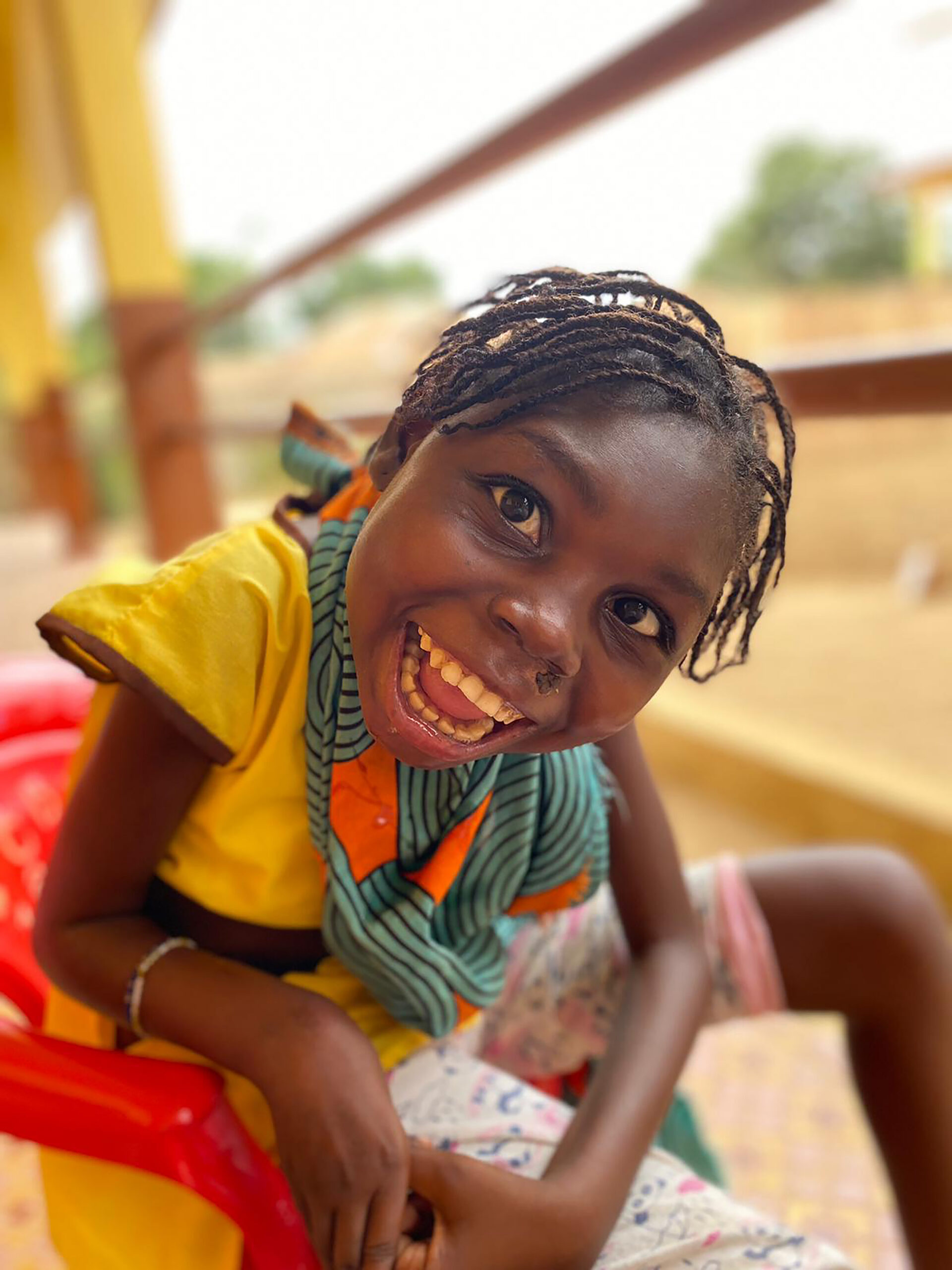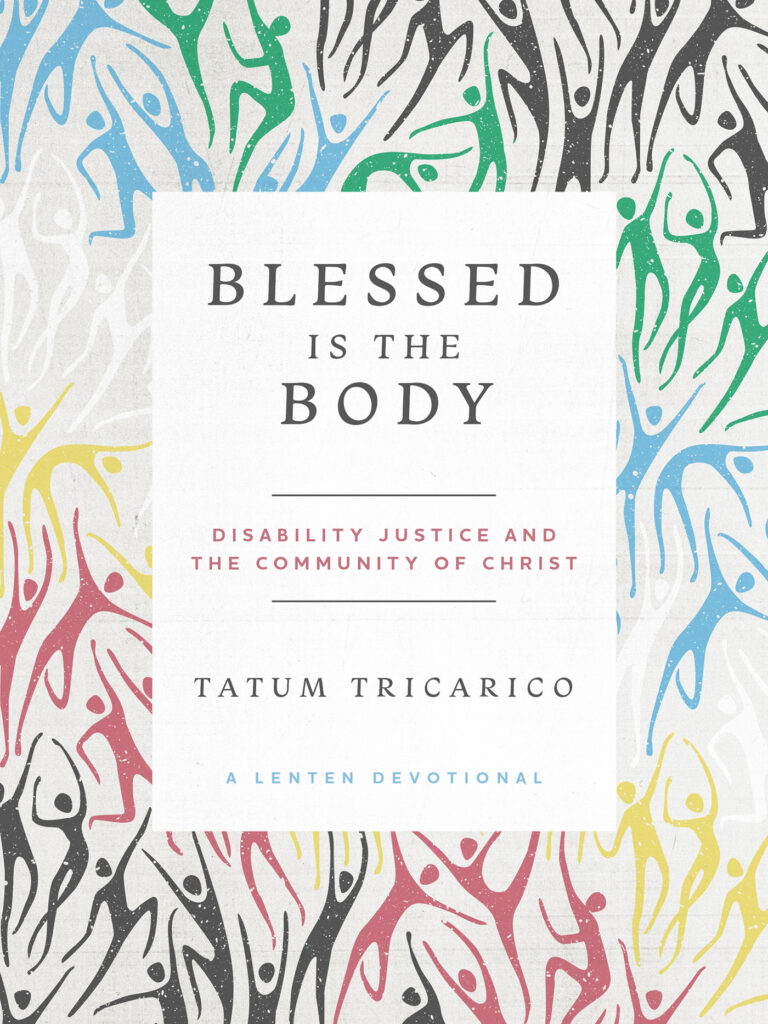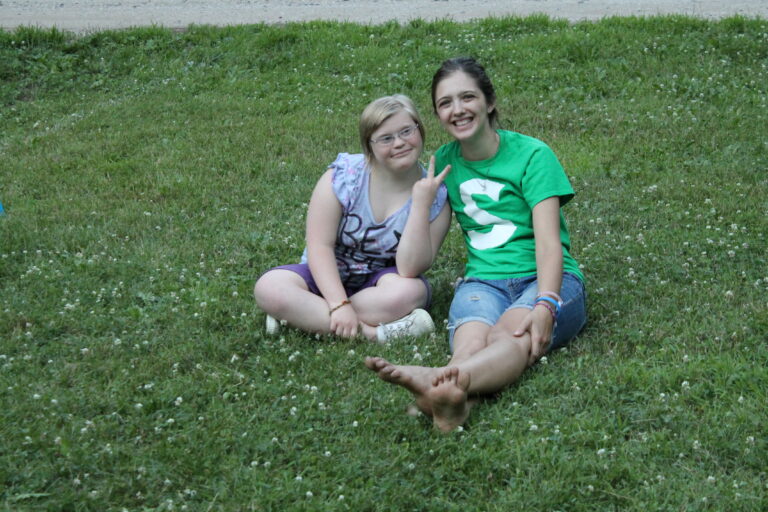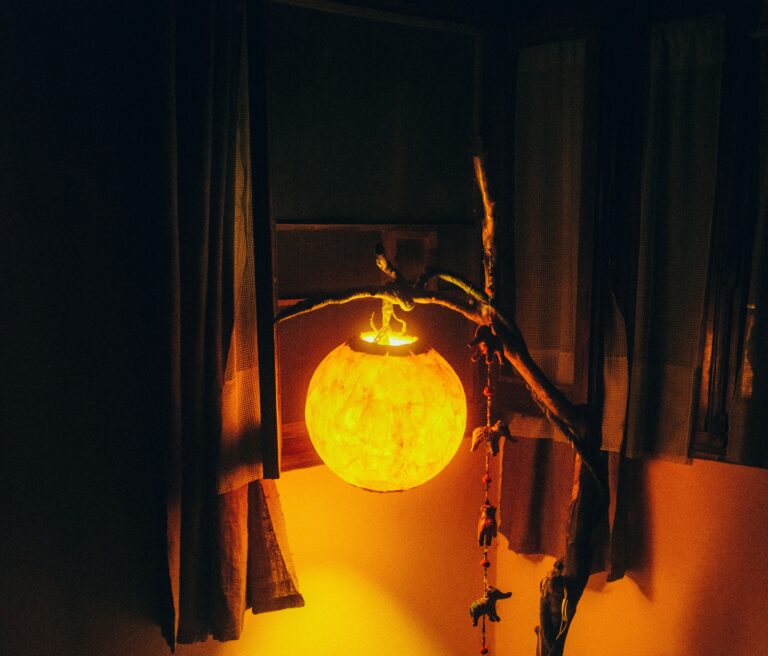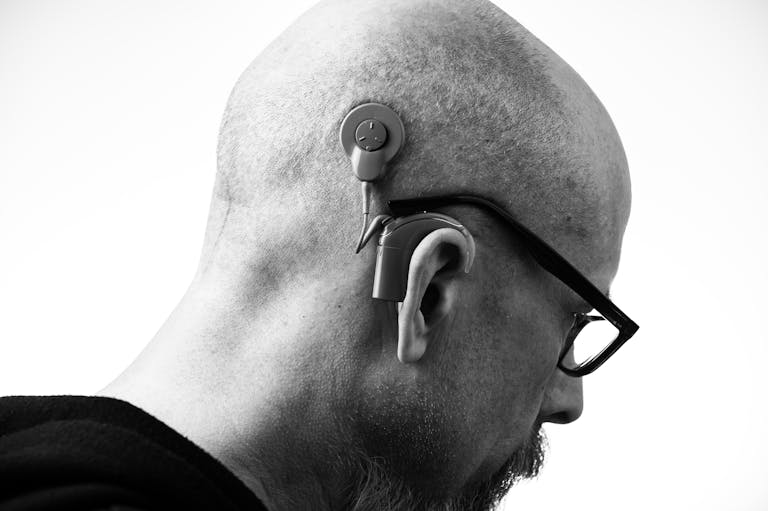They Are Beautiful
by Heleen Yoder
“Your organization got the wrong name!” A police officer pointed at the sticker on one of our field worker’s motorcycle. “Nyandengoh!” it said. In Mende, the local language, this means “he/she/it is beautiful!” The police officer knew we work with children living with disabilities.
Abdulai, the field worker, was prepared. As a Mende follower of Jesus, he knew both the cultural beliefs of the area and the truth revealed to us in the Scriptures. Gently, he explained to the police officer what we believe: that every child is created in the image of God and therefore, is worthy of our care and respect. The name we have chosen for our organization is no mistake. Amid all the negative words that children with disabilities hear as people talk about them—devil, witch, demon, curse—we want to make a difference by telling them, “You are beautiful!” Nyandengoh! was founded in 2019 in the rural south of Sierra Leone as a collaboration between Heleen Yoder, a missionary with Eastern Mennonite Missions, and two local believers: Sylvanus French, a middle-aged man who lives out his faith in practical ways by always serving the disadvantaged in his community and Esther Sopay, a single mother with a now-adult son living with cerebral palsy. Six years later, the ministry has 13 people on staff serving 130 children, some of whom live in remote areas that can only be reached by motorcycle or boat. Nyandengoh! has a firm belief that children with disabilities should live with their families and in their communities, rather than in institutions. The field workers travel long distances with backpacks full of toys to visit children in their homes.
When possible, children are enrolled in local schools. In Mattru, the district’s headquarters, Nyandengoh! runs a small daycare for children who need extra developmental stimulation and a school for those who for various reasons do not thrive in mainstream education.
Every month, a designated worker travels to the villages to distribute free epilepsy medication. He meets with the children and their caregivers, documents any problems, and if necessary, arranges an evaluation with a doctor. Earlier this year, he traveled to 20 communities to teach people about epilepsy and address the stigma around it (epilepsy is considered contagious and spiritual). When children have orthopedic problems or are born with medical conditions such as a cleft lip and/or palate, Nyandengoh! facilitates access to surgical teams that occasionally visit the country to provide services. Mothers of children who are malnourished are taught how to make simple, nutritious food with local ingredients.
This holistic approach stretches the workers but fulfills a deep need. Fathers typically accuse their wives of causing the disability of their child. Marriages, families, and communities fall apart over shame and accusations. A pastor once called a little girl with brain injury a bad name. The Nyandengoh! team traveled to the village, sat down with the family and elders of the community, and talked about disability. In the end, the pastor confessed and repented of what he had done.
Another child lived with abusive extended family members. The team started praying for her and begged the mother to take her back. Last week, they found the child with a happy smile on her face at her mother’s house.
When an outbreak of bedbugs plagued a village, a little baby with birth defects was blamed. However, because of this same baby, a Nyandengoh! field worker was able to assist the village with practical advice that helped counter the outbreak. When another child was neglected, Sylvanus engaged the Muslim leaders of the parents’ mosque to intervene.
Nyandengoh! is flourishing, and we are grateful. Reflecting on its effectiveness, we have identified several key components in the ministry that have brought this ministry where it is today: (1) Anabaptist principles of community, reconciliation, and peacemaking; (2) cross-cultural respect and trust between missionaries and local believers; (3) discernment and slow growth; (4) a depth of life experience and spiritual vitality in the staff team, most of whom have been touched by war, tragedy, and disability in their families; and (5) constant attention to the spiritual and professional development of the staff team, most of whom have minimal education, but also have hearts full of compassion that overcome stigma and fear.
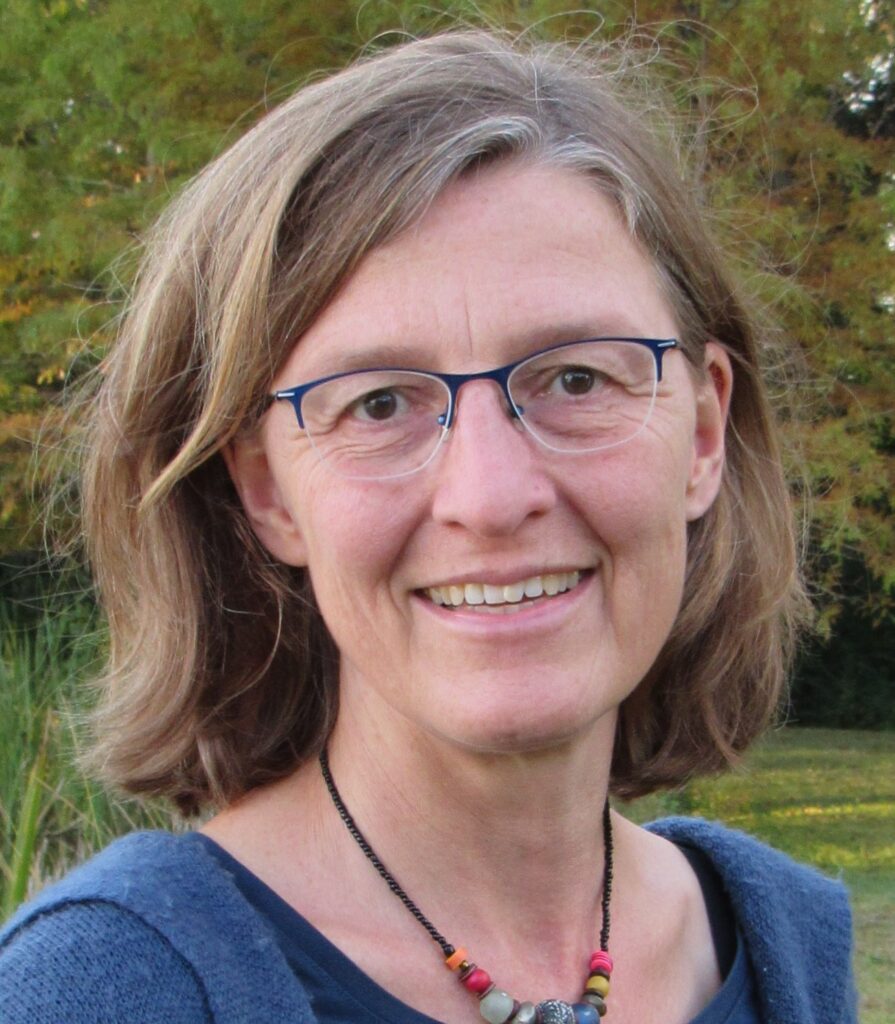
Heleen Yoder was born in the Netherlands, trained as a child mental health professional, and spent 11 years in Sierra Leone before she met her husband Jon Yoder. After marrying, they returned to Sierra Leone and founded Nyandengoh! Currently Heleen supports Nyandengoh! remotely from the US.


